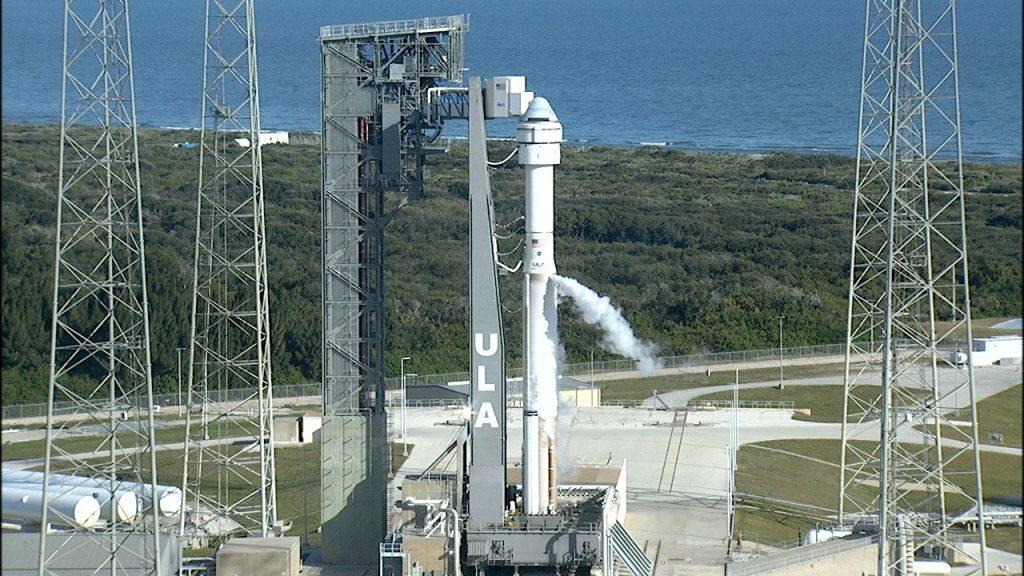
NASA on Dec. 12 cleared Boeing for an uncrewed trial run of its CST-100 Starliner space taxi to the International Space Station (ISS), with launch from Cape Canaveral targeted for Dec. 20.
The mission, slated to run eight days, is a key milestone toward a crewed flight test as early as March. Boeing and SpaceX have been developing two new U.S. space transportation systems to ferry astronauts to and from the ISS under NASA’s Commercial Crew program.
SpaceX completed an uncrewed flight test of its Crew Dragon in March. That vehicle was subsequently lost during an ground test of the vehicle’s launch abort system.
Starliner is due to lift off aboard a United Launch Alliance Atlas V rocket from Cape Canaveral Space Launch Complex 41 at 6:36 a.m. EST Dec. 20 and reach the ISS at 8:19 a.m. EST on Dec. 21.
It will be the first human launch aboard an Atlas since four heritage Atlas LV-3B boosters flew Mercury astronauts John Glenn, Scott Carpenter, Wally Schirra and Gordon Cooper in 1962-63.
NASA and Boeing completed a Flight Readiness Review for Starliner’s Orbital Flight Test on Dec. 12.

Comments
I was surprised to see the comment that this "will be the first human launch aboard an Atlas" - how much in common (other than the name) does an Atlas V booster have with the original Atlas missile that was used as a booster? Doing a quick check, it doesn't seem like there's a lot (if anything at all) meaning that the comment is good in a press release but, when it comes right down to it, has just about no validity.